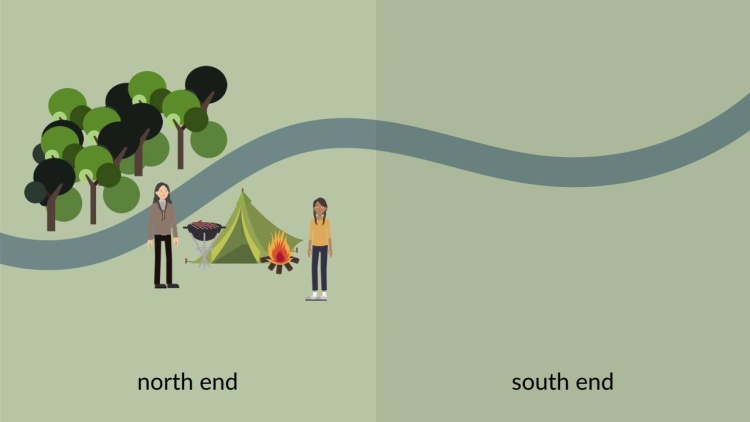Nome 2000 v. Fagerstrom
Alaska Supreme Court
799 P.2d 304 (1990)

- Written by Sara Rhee, JD
Facts
Nome 2000 (plaintiff) was the record title holder of a parcel of land in Alaska. For the purposes of this litigation, the court identified the land as two parcels, the north end and the south end. The Fagerstroms (defendants) used the northern parcel of land seasonally—it was not suited for winter residency—for a period of several years. They used the northern parcel for various activities, including housing their camper trailer, planting trees, and building a picnic area, an outhouse, a fish rack, and a reindeer shelter. They also built a cabin on the northern parcel nine years prior to the lawsuit. The Fagerstroms used the southern parcel during the relevant time period only for recreation on preexisting trails and picking up trash. The Fagerstroms allowed others to use the entire property for activities such as picking berries and fishing, but many people in the community testified that they thought the Fagerstroms owned the property. Nome 2000 admitted that the Fagerstroms adversely possessed the northern parcel for the nine years from the time they built the cabin until the filing of this complaint. However, Nome 2000 filed suit to eject the Fagerstroms from the property. The Fagerstroms filed a counterclaim, stating that they acquired title to the property through adverse possession, which has a statutory period of 10 years in Alaska. Nome 2000 filed a motion for directed verdict. The lower court denied the directed verdict for both the northern and southern parcels. Nome 2000 appealed.
Rule of Law
Issue
Holding and Reasoning (Matthews, C.J.)
What to do next…
Here's why 907,000 law students have relied on our case briefs:
- Written by law professors and practitioners, not other law students. 47,100 briefs, keyed to 996 casebooks. Top-notch customer support.
- The right amount of information, includes the facts, issues, rule of law, holding and reasoning, and any concurrences and dissents.
- Access in your classes, works on your mobile and tablet. Massive library of related video lessons and high quality multiple-choice questions.
- Easy to use, uniform format for every case brief. Written in plain English, not in legalese. Our briefs summarize and simplify; they don’t just repeat the court’s language.





